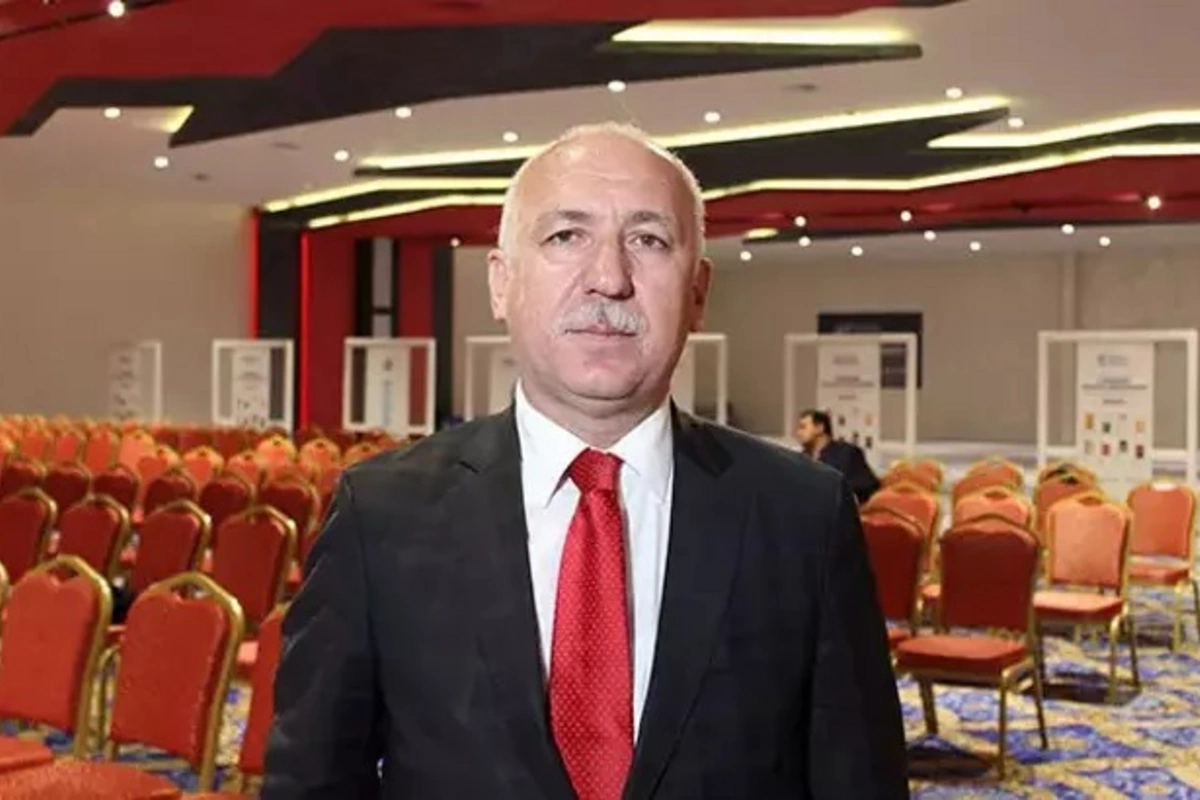
Syria stands at a historic crossroads following the collapse of the Ba’ath regime on December 8, 2024. With Ahmad al-Sharaa now at the helm, the war-torn nation is facing the daunting task of rebuilding its institutions, stabilizing its economy, and redefining its foreign policy.
Against this backdrop, regional and global powers-Türkiye, Russia, the United States, and the European Union-are carefully maneuvering to secure their strategic interests in the evolving landscape.
News.Az spoke with Hasan Oktay, chairman of the Caucasus Center for Strategic Studies (KAFKASSAM) and a prominent political analyst, to gain deeper insights into the challenges and opportunities ahead for Syria. What reforms can be expected under al-Sharaa’s leadership? How will Russia navigate its presence in Syria, particularly regarding Bashar al-Assad’s fate and the future of its military bases? And what role will Türkiye play in shaping the region’s security and stability? The Caspian Post presents the interview.
In this exclusive interview, Hasan Oktay explores Syria’s uncertain future, the shifting geopolitical dynamics, and the delicate balance of power that will define the next chapter of the Syrian conflict.
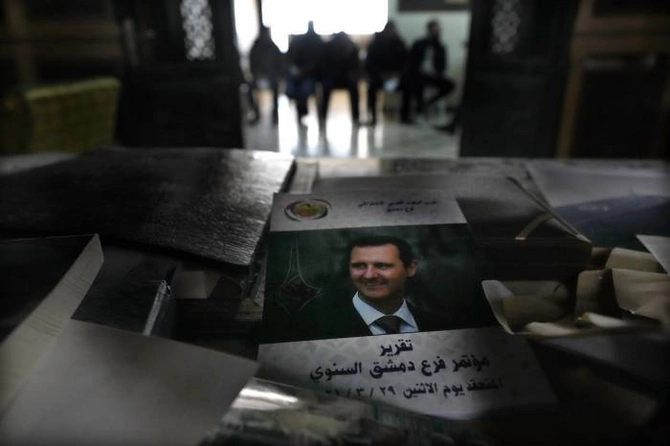
- What reforms are expected from Syria’s new president Ahmad al-Sharaa?
- After the Ba'ath regime collapsed on December 8, 2024, Ahmad al-Sharaa, acting on behalf of Hay'at Tahrir al-Sham (HTS), seized power in Syria and has since undertaken numerous initiatives. His top priority is to establish a democratic system while maintaining Syria’s territorial integrity. To achieve this, he is holding negotiations with Türkiye, the United States, the European Union, and several Gulf Arab countries to build the institutional framework of the new system.
However, given Syria's 15-year-long period of chaos, economic infrastructure must first be restored, destroyed buildings must be reconstructed, a police system must be established, and the army must be strengthened to transform Syria into a functioning state.
Alongside internal reforms, al-Sharaa also attaches great importance to foreign policy. He plans to review many of the ministries inherited from the Ba'ath regime and either establish new ones or reform existing structures. His foreign policy will focus on distancing from Iran while keeping relations with Israel at arm’s length. However, this does not imply a rejection of cooperation with the EU and the United States. If the EU and the United Nations remove HTS from the list of terrorist organizations, the EU has indicated that it may ease sanctions on Syria, potentially paving the way for normalization of relations.
Syria’s most significant strategic advantage lies in improving relations with Türkiye, a country that serves as a bridge between the East and the West and boasts 150 years of state governance experience. With a 911-kilometer border, Türkiye seeks to restore order in Syria as soon as possible.
However, despite the promising prospects, al-Sharaa faces major challenges: various armed groups still lack a comprehensive agreement on the transition of power.
Meanwhile, Türkiye will not allow a federal system controlled by the Marxist terrorist organization PKK to be established in eastern Syria, increasing the likelihood of new conflicts. Nevertheless, al-Sharaa’s negotiations with different groups suggest that initial steps toward a democratic system are being taken. If Gulf Arab states provide financial aid, Syria could achieve a degree of stability.
Whether al-Sharaa remains in power as President in the long term will depend on his ability to successfully manage the transition process.
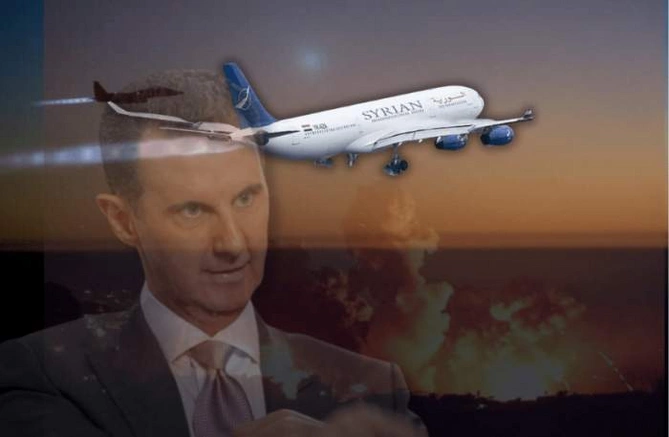
- Will Russia hand over Bashar al-Assad to Syria’s new leadership?
- Russia is carefully considering its strategic interests in Syria. If Moscow hands over Assad to the new government, its credibility among its allies will be severely undermined. The transfer of Assad’s power to his political rivals would mark a major setback for Russia in its global competition with the United States and the West.
For this reason, Ahmad al-Sharaa strategically demanded Assad’s extradition, knowing in advance that Russia would refuse. If Putin agrees to hand over Assad, it would be a major blow to Russia’s authority. Therefore, this demand appears to be a diplomatic maneuver rather than a realistic expectation.
If Russia does transfer Assad, it will seek to maintain its sphere of influence in Syria, which could complicate matters for al-Sharaa. Over the past 13 years, Iran and Russia have been the primary forces safeguarding al-Sharaa’s power.
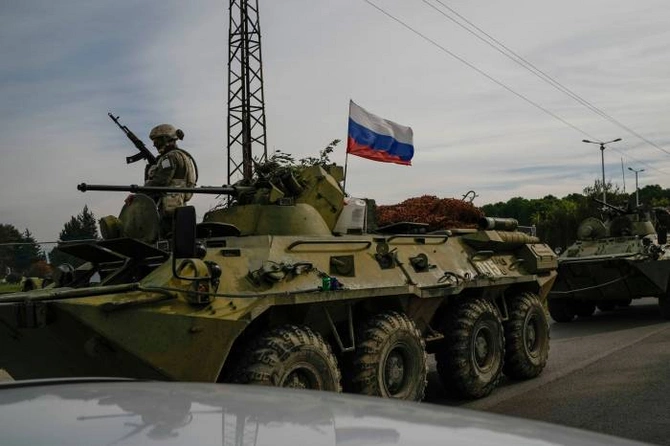
- How do other countries view Russia’s military bases remaining in Syria?
- Russia is committed to maintaining its two key military bases-the Tartus naval base and the Hmeimim airbase-to preserve its presence in the region. Moscow is negotiating both directly with Syria’s new leadership and indirectly through Türkiye, recognizing Ankara’s influence over al-Sharaa. If Russia loses Tartus, it will suffer a major defeat in the Mediterranean power struggle. Therefore, Russia may either negotiate directly with al-Sharaa or seek a diplomatic solution through Türkiye to ensure the continued presence of its military bases.
At the same time, it is important to note that Russia has been losing influence globally since the collapse of the Soviet Union in 1991. The loss of influence in Iraq and Syria has already weakened Moscow’s presence in the region, and now, alongside Iran, it appears to be one of the losing sides in Syria.
In contrast, Türkiye has emerged as a major player in the region, although its primary goal is not to expand its influence in Syria. Rather, Türkiye prioritizes the territorial integrity of Syria and the establishment of a democratic system.
Previously, there were discussions about dividing Syria into three parts, which conflicted with Türkiye’s position. Ankara has repeatedly emphasized Syria’s territorial integrity and has firmly opposed the establishment of a "terrorist state" in the east. Additionally, Türkiye is concerned about potential demands for federal status or independence from the Turkmen population of 2.5-3 million people in Syria.
Türkiye, therefore, views a unified Syria under al-Sharaa’s control and governed by democratic principles as a top priority.
Meanwhile, Iran’s ambitions in Syria remain a subject of debate, and Israel’s growing influence in areas stretching from the Golan Heights to Damascus will be a key issue in the coming days.
Former U.S. President Donald Trump’s statement that “we may withdraw our troops from Syria and coordinate this process with Türkiye” is particularly noteworthy. Trump’s statement suggests that Washington is considering shifting control over parts of Syria to Türkiye while also seeking to normalize relations between Ankara and Tel Aviv. This presents a new strategic opportunity for Türkiye, but it is clear that Iran and Russia are the biggest losers in the evolving Syrian conflict.

- Could Russia and Türkiye jointly operate military bases in Syria?
- This scenario is possible, as Russia is determined to maintain its presence in the region while remaining open to new alternatives. However, Russia’s approach in Nagorno-Karabakh suggests a different stance. In Karabakh, Russia not only acted as an observer but also attempted to grant special status to the region.
Following Azerbaijan’s 44-day Patriotic War, Russia sought to retain control over Karabakh through the Lachin Corridor by including Article 9 in the November 10 ceasefire agreement. However, the Ukraine crisis and other international developments weakened Russia’s long-term presence. As a result, Azerbaijan successfully restored its territorial integrity under international law, dismantling the self-proclaimed separatist regime in Karabakh.
Whether Russia will attempt a similar strategy in Tartus and Hmeimim remains an open question. Under Assad, Moscow had a dominant influence in Syria, but now, its continued presence in the region is far from guaranteed.
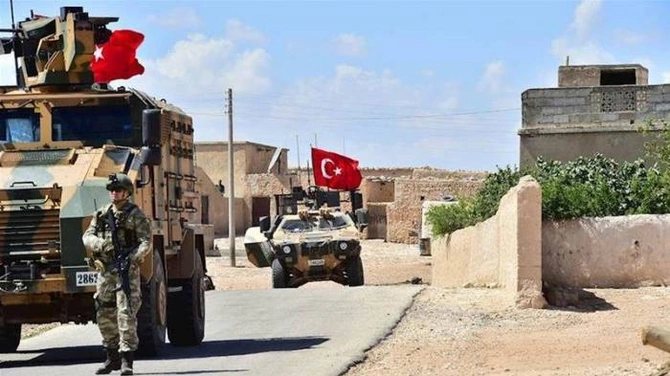
- What are Türkiye’s objectives in its military operations against the PKK/YPG in Syria ?
- Türkiye remains committed to eliminating all organizations that threaten its security east of the Euphrates, ensuring Syria’s territorial integrity. The Turkish military will continue operations against these groups until armed factions in Syria are fully disarmed and integrated under the central government. Türkiye seeks a fully demilitarized Syria under a strong central government, leaving no room for terrorist enclaves.
Share on social media